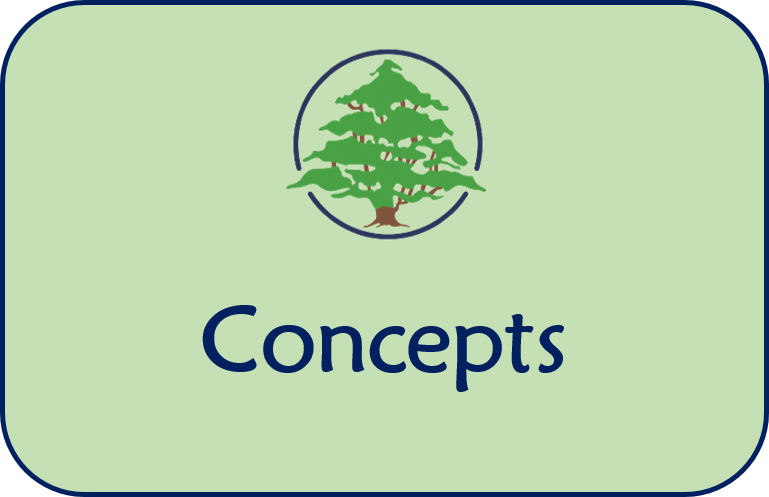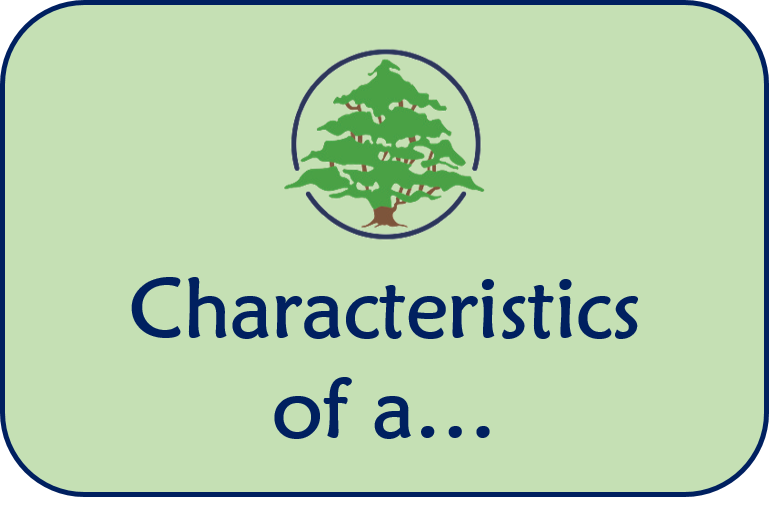Modern Foreign Languages
Modern Foreign Languages at Stocksbridge Junior School
At Stocksbridge Junior School, our teaching of modern foreign languages focusses on French. We offer our pupils the opportunity to engage in a broad curriculum that will stimulate and inspire them through a variety of topics and themes. Our teaching of French will lay the foundations for our pupils to further their knowledge beyond key stage 2 or learn further foreign languages through the linguistic skills they acquire.
Intent
Through our teaching of modern foreign languages at Stocksbridge Junior School, our intention is to inspire our pupils to learn a foreign language which they can use to broaden their communication skills, enjoy the social and cultural experience that learning a foreign language allows, whilst appreciating and celebrating difference. Our curriculum is meaningful and ambitious. We propose that through regular reviews of the French curriculum (both the units taught and stand-alone cultural lessons), we can ensure that pupils’ knowledge, skills and understanding are built upon within each year group and throughout their time at Stocksbridge Junior School. In doing so, our curriculum will always be relevant, challenging and in line with meeting or exceeding the national curriculum expectations. Throughout the key stage, pupils’ knowledge of how language works will be developed and extended through stimulating and challenging lessons which will enable the pupils to use this for a variety of purposes. Our curriculum provides the foundation for further language learning in key stage 3.
Implementation
At Stocksbridge Junior School, we have devised five key concepts which have been drawn upon from a range of sources and research. The concepts are as follows:
- Pronunciation – Develop a phonological awareness and the confidence to attempt unfamiliar words.
- Grammatical awareness – Recognise how the French language is structured and organised, drawing similarities and differences between this and English. Ensure that communication is grammatically accurate.
- Communication – Use taught vocabulary and expressions to be effective communicators, both in spoken and written language.
- Understanding language – Through reading and listening, comprehend what others, both peers and native speakers, have said.
- Cultural awareness – Have knowledge of traditions and lifestyles in French-speaking countries. Learn about important elements of French culture, comparing and contrasting this to their own.
Through these concepts, we ensure that all modern foreign language national curriculum objectives are met. At Stocksbridge Junior School, we draw upon Language Angels to support teachers’ subject knowledge, planning and explicit teaching of French and adapt lessons to suit the needs of our pupils. Long- and medium-term plans are shared with staff and are regularly reviewed. We share unit end points with pupils and how each unit fits into their language learning at Stocksbridge Junior School.
Pupils will progressively acquire, use and apply their growing knowledge and skills across the building blocks of language: phonics (sounds), vocabulary (words) and grammar (rules). Each year group studies five modules with the opportunity to consolidate their learning at the end of the year. All pupils succeed in their learning through skilful teaching, lessons and activities which are adapted to meet the needs of all learners.
As part of our French teaching, pupils have the opportunity to listen to spoken language in a variety of forms, exploring its patterns and sounds and developing their appreciation of songs and games in French. Pupils engage in conversations, ask and answer questions, repeat phrases and speak in sentences. In order to ensure they are understood by others, there is a focus on accurate pronunciation, with phonics being a key focus throughout all years. Through exposing our pupils to a range of texts, including stories, songs and rhymes written in French, they will develop and extend their understanding of words and phrases. Acquiring a broad vocabulary is essential for understanding spoken and written French. Pupils will progressively acquire a bank of vocabulary which is revisited throughout their time at Stocksbridge. Pupils use their vocabulary to memorise phrases, present their ideas and information orally, and write phrases and sentences. The skills that pupils learn become progressively harder throughout the key stage, and pupils learn how to use a wide range of grammatical structures. We aim to ensure that all pupils develop firm foundations in these key language-learning skills to inspire them to develop their knowledge of a foreign language. Stocksbridge Junior School pupils learn about the French lifestyle through relevant cultural lessons which help to foster pupils’ curiosity and spark their interest about the French way of life.
Impact
At Stocksbridge Junior School, our pupils develop and extend their learning in French throughout the whole of key stage 2, in order to know more and remember more. Units increase in level of challenge, stretch and linguistic and grammatical complexity as pupils move from Early Learning units in Year 3, through Intermediate units in Years 4 and 5, and into the most challenging Progressive units in Year 6. As pupils progress through the different stages, they will be required to apply more skills. Activities contain progressively more text (both in English and French) and lessons will have more content as pupils become more confident and ambitious.
Pupils will continuously build on their previous knowledge as they progress in through their French learning journey. Previous language and grammatical skills will be retrieved, aiding pupils’ long-term learning. Links to previous learning are made explicit on planning and are communicated with pupils to help strengthen their schema.
Pupils are aware of their own learning goals and progression so that all pupils can reflect upon their progress. They know how they have met the learning objectives and what they need to do to next to progress further. Pupils have records of each module’s intentions and the vocabulary mat which can be referred to as they move through the key stage and build upon their prior knowledge.
Teachers use a range of formative assessment strategies to monitor pupils’ learning and to adapt future lesson plans to include more challenge or targeted support. The strategies used include:
- Kahoot quizzes
- Lesson starter games provided by Language Angels
- Kagan strategies
- Cloze Procedure activities
At the end of each module, a summative assessment is used to assess key language skills. Teachers monitor progress and use these assessments to inform planning of future lessons and modules.
Stocksbridge Junior School Curriculum for French
The National Curriculum for Languages
Purpose of study
Learning a foreign language is a liberation from insularity and provides an opening to other cultures. A high-quality languages education should foster pupils’ curiosity and deepen their understanding of the world. The teaching should enable pupils to express their ideas and thoughts in another language and to understand and respond to its speakers, both in speech and in writing. It should also provide opportunities for them to communicate for practical purposes, learn new ways of thinking and read great literature in the original language. Language teaching should provide the foundation for learning further languages, equipping pupils to study and work in other countries.
Aims
The national curriculum for languages aims to ensure that all pupils:
- Understand and respond to spoken and written language from a variety of authentic sources.
- Speak with increasing confidence, fluency and spontaneity, finding ways of communicating what they want to say, including through discussion and asking questions, and continually improving the accuracy of their pronunciation and intonation.
- Can write at varying length, for different purposes and audiences, using the variety of grammatical structures that they have learnt.
- Discover and develop an appreciation of a range of writing in the language studied.
Subject content: key stage 2 – Foreign language
Teaching may be of any modern or ancient foreign language and should focus on enabling pupils to make substantial progress in one language. The teaching should provide an appropriate balance of spoken and written language and should lay the foundations for further foreign language teaching at key stage 3. It should enable pupils to understand and communicate ideas, facts and feelings in speech and writing, focused on familiar and routine matters, using their knowledge of phonology, grammatical structures and vocabulary.
The focus of study in modern languages will be on practical communication. If an ancient language is chosen, the focus will be to provide a linguistic foundation for reading comprehension and an appreciation of classical civilisation. Pupils studying ancient languages may take part in simple oral exchanges, while discussion of what they read will be conducted in English. A linguistic foundation in ancient languages may support the study of modern languages at key stage 3.
Pupils should be taught to:
- Listen attentively to spoken language and show understanding by joining in and responding.
- Explore the patterns and sounds of language through songs and rhymes and link the spelling, sound and meaning of words.
- Engage in conversations; ask and answer questions; express opinions and respond to those of others; seek clarification and help*.
- Speak in sentences, using familiar vocabulary, phrases and basic language structures.
- Develop accurate pronunciation and intonation so that others understand when they are reading aloud or using familiar words and phrases*.
- Present ideas and information orally to a range of audiences*.
- Read carefully and show understanding of words, phrases and simple writing.
- Appreciate stories, songs, poems and rhymes in the language.
- Broaden their vocabulary and develop their ability to understand new words that are introduced into familiar written material, including through using a dictionary.
- Write phrases from memory, and adapt these to create new sentences, to express ideas clearly.
- Describe people, places, things and actions orally* and in writing.
- Understand basic grammar appropriate to the language being studied, including (where relevant): feminine, masculine and neuter forms and the conjugation of high-frequency verbs; key features and patterns of the language; how to apply these, for instance, to build sentences; and how these differ from or are similar to English.
The starred (*) content above will not be applicable to ancient languages.


